From the standpoint of a bodyworker, when the horse has “had enough” is pretty obvious. But even so, students will continue to press on an area and worry over it even when the horse has moved away. Why don’t they see it? Feel it?
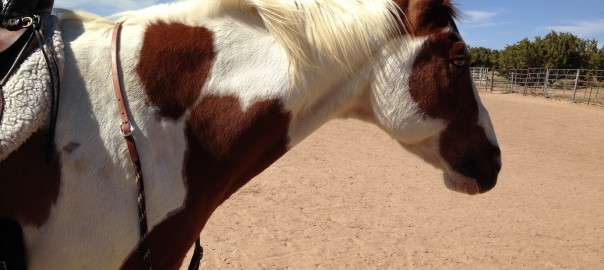


From the standpoint of a bodyworker, when the horse has “had enough” is pretty obvious. But even so, students will continue to press on an area and worry over it even when the horse has moved away. Why don’t they see it? Feel it?
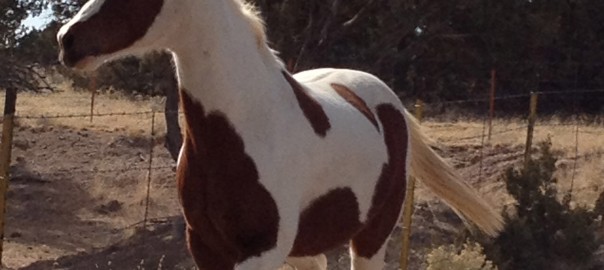
In the past few weeks three of my friends/colleagues/clients have had accidents involving equines. This is a subject very close to my heart since I have had bad accidents myself, one which almost took my life. I have begun to somewhat specialize in the area of helping people get back on their feet after such accidents, in addition to the other work I do. I really believe that because I came so close to death doing something I deeply love, it has made me able to help others in a very particular way.
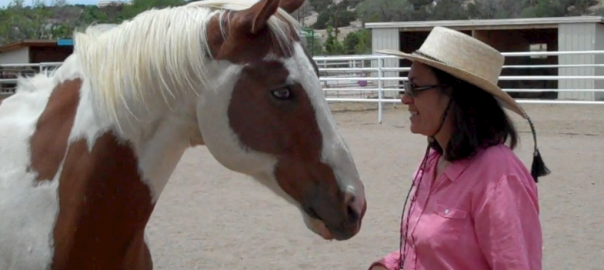
Valentine’s Day is a great opportunity to talk about what we think of “love” between ourselves and our horses. We don’t really need studies to tell us what we feel about our horses and probably we have a good sense of how our horses feel about us. So much of what we feel would be considered “anecdotal evidence,” yet it is powerful and real. But there have been pilot studies done on the relationships between people and their horses, with some surprising, validating results.
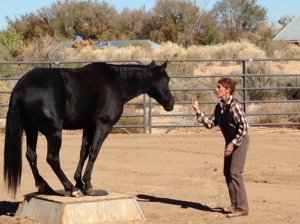 Continue reading Straight from the heart…what do horses tell us?
Continue reading Straight from the heart…what do horses tell us?
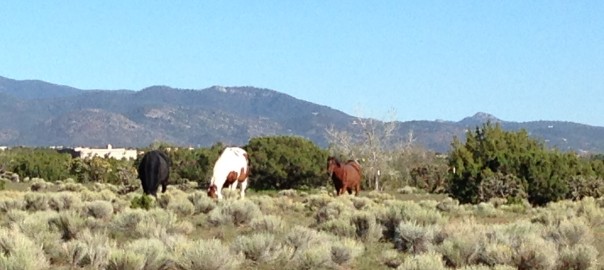
How deep does your horsemanship go?
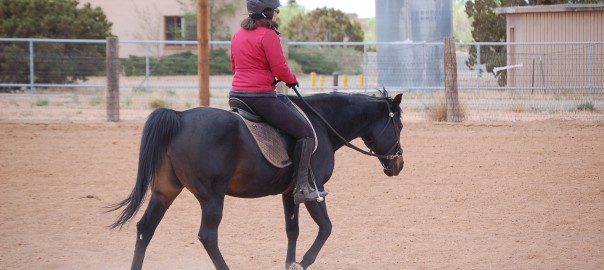
(Okay, if you really want to, you can get off to sleep and for meals, if you think it’s necessary.) 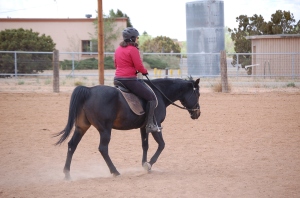 Continue reading 10 tips to riding horseback for the rest of your life
Continue reading 10 tips to riding horseback for the rest of your life
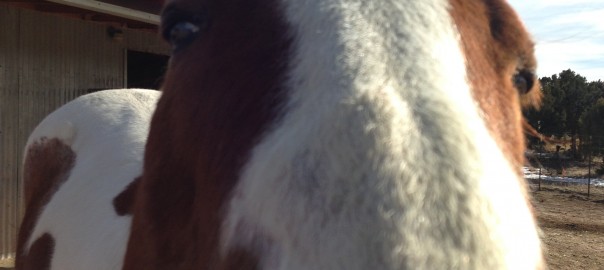
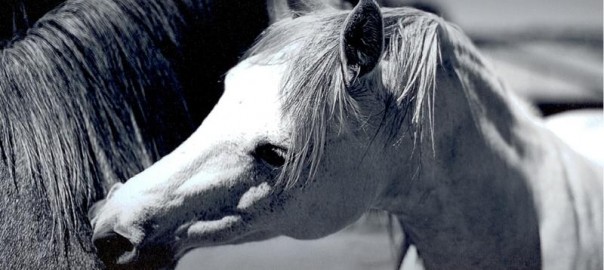
I decided to go through and pick out what readers had deemed the best Body Language blogs of 2013.
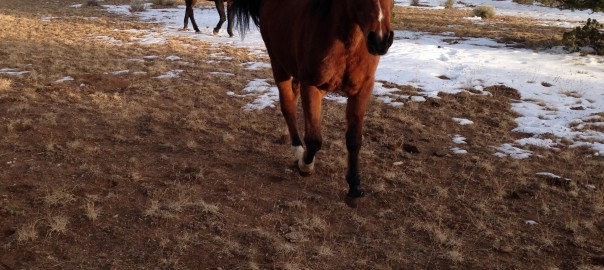
In my previous post, I talked about physical exercises for horses during winter, to avoid “wild and crazy horse behavior.” In this post I’d like to talk about using bodywork to support your horse at any time, but I think it’s very appropriate right now, when movement is difficult for horses because of the footing and the cold weather.
Continue reading Cold hooves, warm heart – holistic equine care for the cold weather
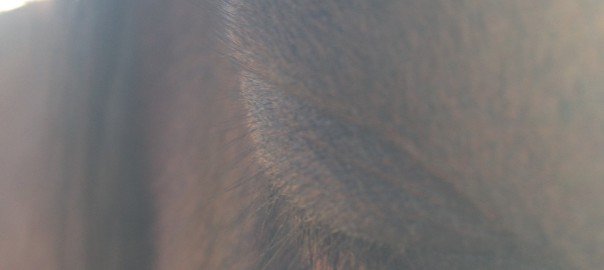
With the cold weather and difficult footing, horses become very antsy and get “cabin fever.”
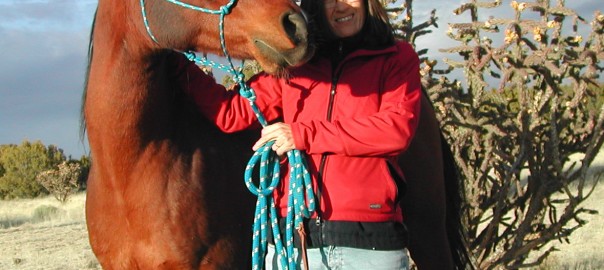
We need to stay in our own truth. Admiring experts is wonderful, but even experts can be wrong.